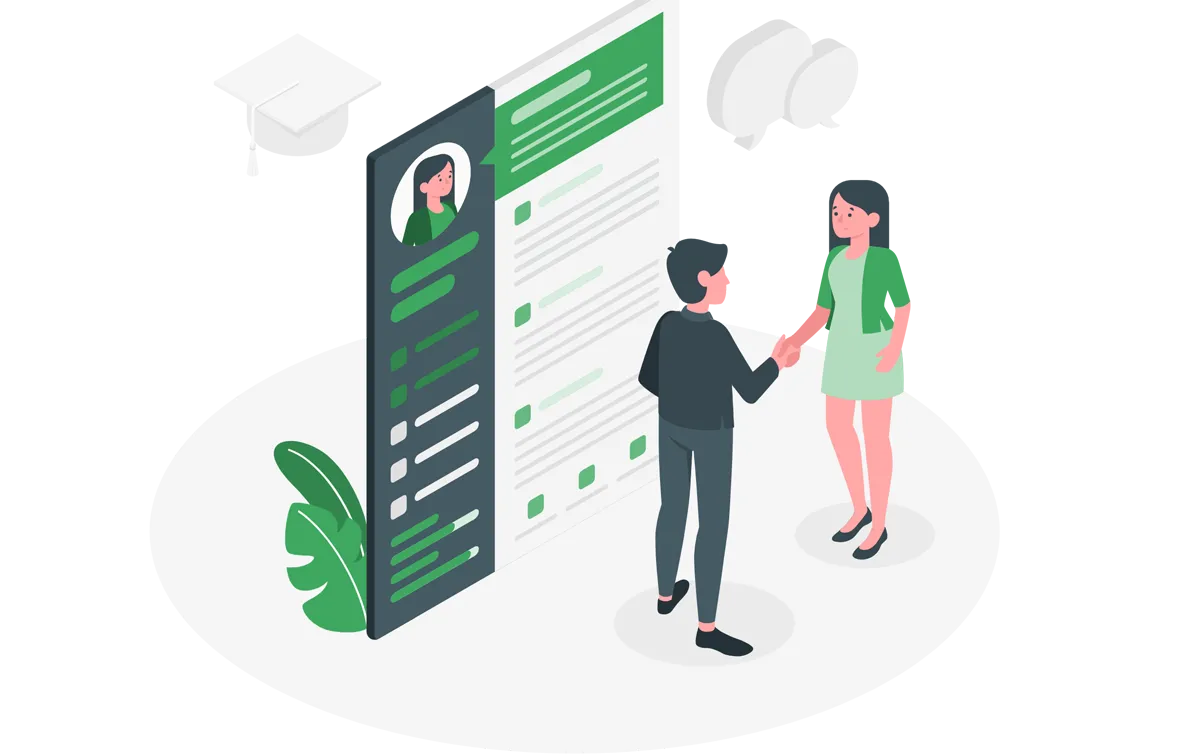
How to Practice for a BCG Case Interview
How to Practice for a BCG Case Interview
The BCG case interview entails analyzing a hypothetical case study and developing solutions. In many instances, these hypothetical cases are based on actual BCG clients. Some believe BCG case interviews to be the most difficult in the industry. Prepmatter teaches you how to practice for the BCG case interview so that you emerge unscathed and receive a job offer.
How BCG Differ From the Competition
It is said that BCG provides less direction for their case interviews. This may seem a daunting prospect, but the other side of that particular coin is that the candidate tends to have greater control. As such, if you have the requisite skills, effective preparation, and you are able to think effectively on your feet, you stand a good chance of making the grade.
The Keys to Solving a BCG Interview Case
For the most part, BCG case interview preparation entails developing a reliable approach to the hypothetical case you will be presented with. The following tips provide essential guidance and direction as you prepare for your interview.
Take Effective Notes: The BCG interviewer will begin by providing you with essential information about the case. Make sure you take copious notes because they will not repeat what they say. Focus on the particulars of the company, as well as the context and the case objective.
Ask Clarifying Questions: As you focus on the company, be sure to ask questions that help you better understand the client’s key objectives. In doing so, you will find it easier to conclude the case based on whether the expectation meets the client’s goal.
Create Your Initial Framework: To ensure that you can drive the case independently, you’ll need to form a comprehensive framework. This is your “map” for the case. Therefore, your framework may include the following areas:
Qualitative Aspects:
- Client’s capabilities
- Product segments
- Customer segments
- Competitive landscape
Financial Elements (Case-Dependent):
- Revenues, including quantity and price
- Costs including fixed and variable costs
Potential Risks:
- What are some of the risks involved? Be sure to outline these in a concise, accessible manner.
Develop and Test a Hypothesis
Your hypothesis amounts to an informed guess based on the available information. You will likely be refining your hypothesis throughout the process so do not become invested in it. Ask for more data with which to test your hypothesis if you have to, and remember that when you answer BCG case interview questions, explain how your answers relate to your hypothesis.
You can develop your hypothesis either as part of your framework or later in the case. For more insight into proper framework building, be sure to explore our blog post on the topic. There, we provide an in-depth analysis of what it means to create your initial framework.
Provide Your Recommendation
The interview culminates in you presenting your recommendation for the case. Stick to the main beats and avoid a painstaking recitation of minutia. If the case was based on an actual BCG case, the interviewer might tell you how it was resolved.
Contact Prepmatter
Prepmatter has helped more than 400 individuals land offers from McKinsey, BCG, and other top business consulting firms, and we can help you, too. If you want to give yourself the best possible chance of landing a job offer from BCG, take advantage of our Get the Offer course.
Sign up for our newsletter
Join a community of aspiring consultants and elevate your preparation journey with Prepmatter.

